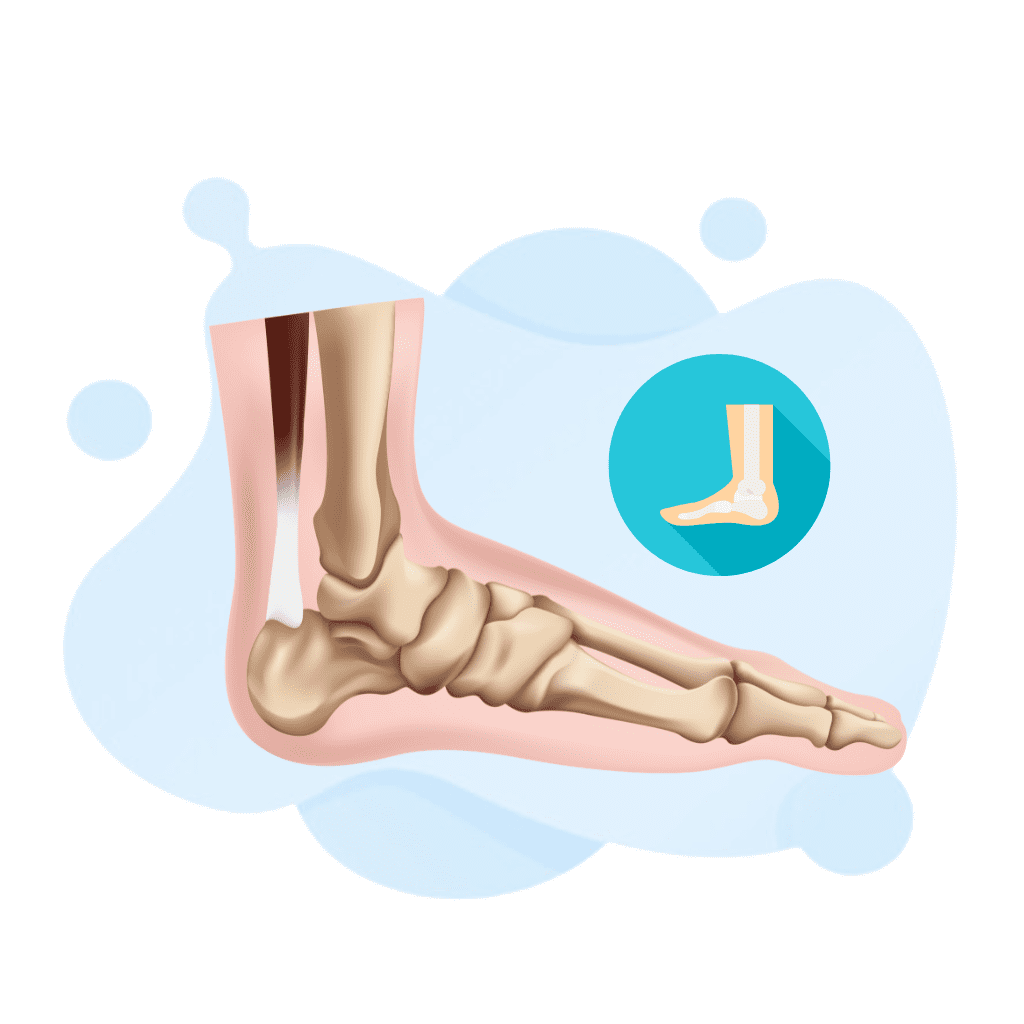
The American Podiatric Medical Licensing Examination (APMLE) is a critical milestone for individuals pursuing a career in podiatric medicine. Designed to evaluate the knowledge and clinical skills required to practice podiatry, the APMLE serves as a gateway to becoming a licensed podiatrist in the United States. This guide provides an in-depth overview of the APMLE, covering its structure, preparation strategies, and key resources.
The APMLE is a standardized examination administered by the National Board of Podiatric Medical Examiners (NBPME). It evaluates candidates’ readiness to practice podiatric medicine and is divided into several parts. Each part assesses specific competencies required for safe and effective patient care.

Thorough preparation is crucial for passing the APMLE. With adequate resources and structured study plans, candidates can excel in their exams.
Passing the APMLE opens up numerous opportunities for aspiring podiatrists. It is a pivotal step toward securing licensure and advancing in the field of podiatric medicine.
Understanding the format of the APMLE is essential for effective preparation. The test comprises multiple parts, each serving a distinct purpose.

Practice exams are invaluable tools for mastering the APMLE. They help candidates become familiar with the question format and identify areas that need improvement.
The APMLE is a vital step for aspiring podiatrists, testing their knowledge, skills, and readiness for professional practice. With ample preparation, including the use of practice exams and structured study plans, candidates can achieve success and embark on rewarding careers in podiatric medicine.
What is the purpose of the APMLE?
The APMLE assesses the knowledge and clinical skills required for licensure as a podiatric physician in the United States.
How many parts does the APMLE have?
The APMLE consists of four parts: Part I, Part II, Part II CSPE, and Part III.
Are there any prerequisites for taking the APMLE?
Candidates must be enrolled in or have completed an accredited podiatric medical program.
How important are practice exams for APMLE preparation?
Practice exams are essential for familiarizing yourself with the test format, improving time management, and identifying weak areas.